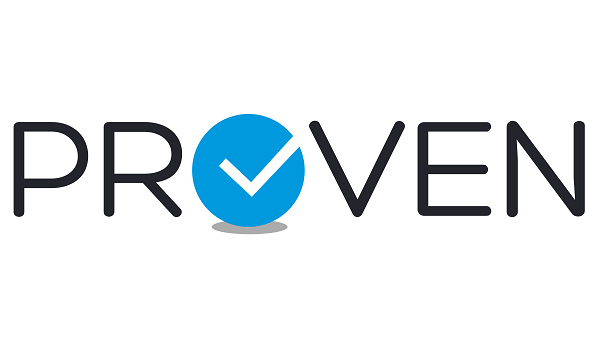Exporting to Saudi Arabia: Everything You Need to Know

The Saudi Arabian market is a prime location for foreign investors looking to export into the GCC region. As Saudi Arabia’s market is considered emerging, there are many gaps in the market and the lack of local manufacturing gives opportunities for foreign investors looking to export to Saudi Arabia. The Saudi market accounts for 25% of the Arab gross domestic product (GDP), plus, no personal tax, proximity to other GCC countries and having the largest economy and population in the Gulf region are all benefits of the Saudi market.
Saudi Arabia imported $126 billion (US) worth of goods in 2017 with the main commodities including; machinery, equipment, foodstuffs, chemicals, motor vehicles and textiles. Saudi receives exports from many countries, including; Germany, USA, India, China, United Kingdom and Italy.
What you need to know before exporting to Saudi Arabia
To ensure that goods exported to Saudi Arabia are safe and comply with the legal regulations, the Conformity Assessment Programme was developed. Every export to the Kingdom must acquire a Certificate of Conformity (CoC) and match the criteria to enable the consignment of goods to be cleared at Saudi Customs.
The Conformity Assessment Programme aims to protect the general public’s health, ensure consumer safety and national security. The programme also ensures that the religious and public morals and the environment are protected and prevention of deceptive practices in the Kingdom.
Ensuring that you have your CoC and that your products meets the requirements means that the shipment will avoid custom delays and prevent losses by non-compliant goods being rejected at the border.
Products that pose a high risk to the end consumer have stricter regulations before customs will accept the shipment. This includes; sockets, plugs, adapters, electrical extension cords, hair dryers, electric water heaters, mobile chargers, car spare part and children’s toys.
If you are exporting high energy goods, they must comply with Saudi’s energy efficiency requirements. These products are tested for their performance against the energy efficiency
requirement technical regulations and their safety standard requirements. Items in this category
include; air conditioners, washing machines, refrigerators/freezers, electric lamps and electric motors.
However, some products are exempt from the CoC and exporters are advised to inquire with the related ministry to find the legal requirements for those products. These products include; sanitary products, sample and demonstration products, temporarily imported products, medical products, food products and defence products.
The Saudi Arabian market avails many opportunities for exporters as the market expands. The lack of local manufacturing in the Kingdom has enabled many foreign companies to export to Saudi Arabia to fill the gaps in the market. The key to ensuring sustainable exports to the Kingdom is knowledge of the market and the legal requirements to remain compliant.
Background Information
PROVEN
Proven SA was founded by a team of highly qualified and successful business consultants with decades of experience serving the corporate sector in Saudi Arabia. As some of the most trusted professionals, they realized the void of a single entity that could provide a complete range of services to a diverse array of businesses in Saudi Arabia. Driven to fill that void, they joined forces to lay foundations of a credible firm that would cover all the major areas of support and services including process, employee, and payroll outsourcing.
With its corporate headquarters in the heart of Riyadh, Proven SA has lived to its name, proving its worth not just in service quality but also in terms of customer satisfaction. We have exponentially expanded our service offerings over the years. We now offer complete solutions that include handling of business visas as well as preparation of legal documents. Moreover, we are currently one of the most trusted providers of virtual office space to businesses in Saudi Arabia.






